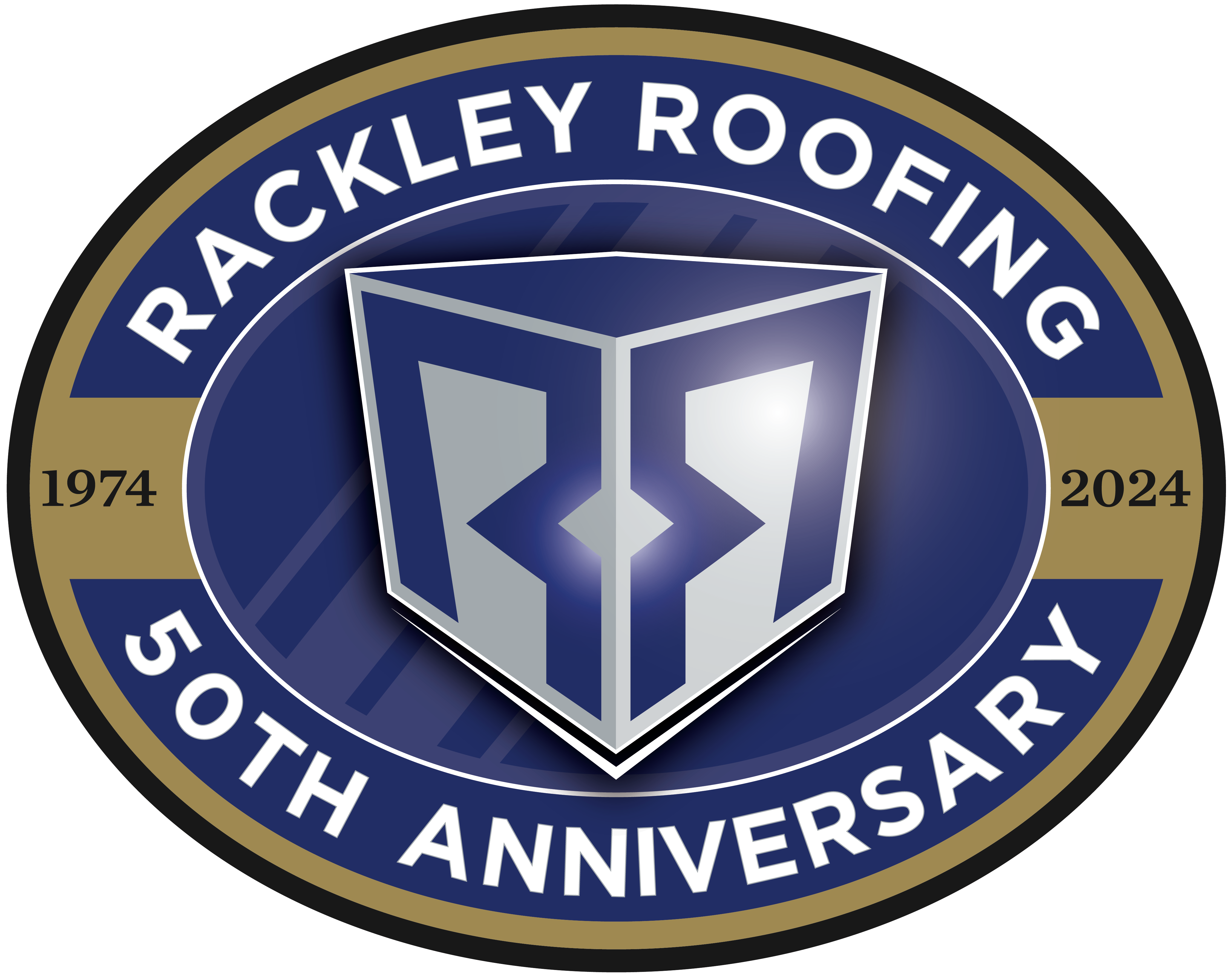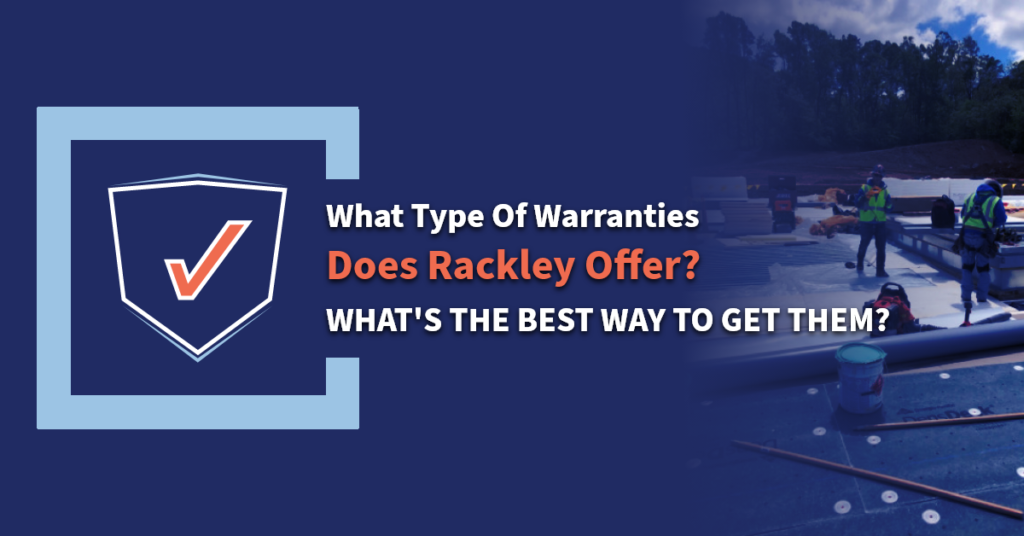When it’s time for a roof replacement, one of the items discussed is the warranty that comes with your new roof. While most commercial property owners and managers focus more on the length of the warranty, there’s more to it than that. You also want to know the type of warranty you’re getting, what is and is not covered, and what requires an extra fee. At Rackley Roofing, we’ve been serving commercial clients in the Southeastern United States for decades. We offer some of the best warranties in the industry and always help our clients understand and choose the best protection for their property. Check out the information on the types of warranty we offer.
Workmanship Warranty
For your commercial roof to perform optimally and reach its expected lifespan, it must be properly installed. Poorly installed roofs could fail in as little as two years.
Reputable roofing companies guarantee their work with a workmanship warranty. Offering a contractor’s workmanship warranty is the best way to ensure their customers are covered when problems caused by installation mistakes crop up.
Typically, workmanship warranties cover the cost of labor and materials needed to make necessary repairs. Keep in mind, though, that the warranty only covers defects or damage caused by the installation process. All commercial roof installation or replacement projects done by Rackley Roofing come backed by a 2-year workmanship warranty.
Commercial Manufacturer’s Warranty
There are four most common types of commercial roofing manufacturer’s warranties:
1. Manufacturer’s Materials Warranty
First, most commercial roofing manufacturers offer a basic “materials warranty” for their products, which is the industry standard. This is a limited type of warranty that covers the material provided by the manufacturer. This is only provided if it fails within a certain period of time (like ten years or twenty years). The material is typically covered for premature aging or manufacturing defects.
This warranty does not cover labor costs to remove, repair, or replace the defective material, which is why it’s sometimes referred to as a “membrane-only” warranty. It also doesn’t cover accessories like adhesives, edges, flashing, or any other component the contractor uses to complete your roofing system. Leaks are not covered under this warranty.
In most cases, manufacturers offer this type of warranty for free or at a low fee, which makes it the most popular commercial roof warranty.
2. Manufacturer’s No Dollar Limit Warranty
Next, a no-dollar-limit (NDL) roof warranty is every commercial roofing manufacturer’s top-of-the-line warranty and the best you can buy. This total system warranty guarantees that the manufacturer will fully cover defective materials or the failure of the materials under proper use during the coverage period. In other words, the manufacturer will repair or replace the roof, regardless of the costs.
To earn the NDL warranty, the roofing contractor must follow the manufacturer’s installation specifications from start to finish. Also, the installation must pass an inspection or series of inspections during and after completion. If the roofing inspector finds any problems, the contractor will make corrections, and the roof will be re-inspected before the warranty is issued.
Commercial property owners typically purchase no dollar limit warranties with a period between 10 and 30 years, depending on the roofing system’s lifespan. The fee for this manufacturer’s warranty is based on the length of the warranty and the square footage of the roof.
3. Manufacturer Labor and Material Warranty
Third, this warranty covers defects in labor and manufacturer-supplied roofing materials. Unlike the no-dollar-limit warranty, this one has limits to cost and coverage.
In addition, manufacturer’s labor and material warranty is usually prorated, which means that the coverage limit for repairing or replacing defective or poorly installed components is based on the roof’s age. The amount reduces with each passing year. So, the older the roof, the lower the coverage. This warranty may or may not cover leaks.
4. Manufacturer’s Roof System Warranty
Finally, unlike a membrane-only warranty, a full system warranty covers the roof membrane installed and other components and accessories used to complete the roof system. However, the other components must be manufacturer-supplied. This warranty does not cover any damage to non-manufacturer materials, such as insulation.
When used, a roof system warranty will cover any material labor and materials needed for repair or replacement. There’s usually a charge for this commercial roof warranty.
Work With a Certified Roofing Contractor
If you want to get the best warranties possible for your commercial roof replacement, you need to work with the right roofing contractor. Most roofing manufacturers only allow certified roofers to install their products and offer their best warranties.
These contractors have undergone a rigorous training and vetting process to be certified. When you work with a skilled, experienced, and certified contractor, you’ll get the best results from your roofing projects and the best warranties available in the market.
To get the best warranty, you must carefully read the copy and understand what is covered and excluded. For instance, most roofing warranties do not cover leaks, Acts of God, damage by standing water, or poor maintenance. Also, find out how long the warranty coverage period lasts and whether coverage is prorated or non-prorated.
The Owner’s Responsibility: Don’t Void Your Roof’s Warranty
The last thing you want is to submit a claim when something’s wrong with your roof only to discover that your warranty is null and void. As a commercial property owner or manager, you’re expected to take care of your roof and protect your warranty. Here are common errors to avoid:
- Improper installation
- Poor roof ventilation
- Not getting regular inspections and prompt repairs
- Not using an approved contractor to add or work on mechanical roof equipment
- Misuse or excessive foot traffic
- Using products or work that the warranty provider hasn’t approved
- Moisture trapped in the wall
At Rackley Roofing, we always strive to offer our customers the best material and workmanship warranties. We are fully certified with some of the industry’s best roofing manufacturers and ensure our work is in line with the product specifications. Our focus is on producing the best results for every project we handle. Contact us today for a free estimate.



